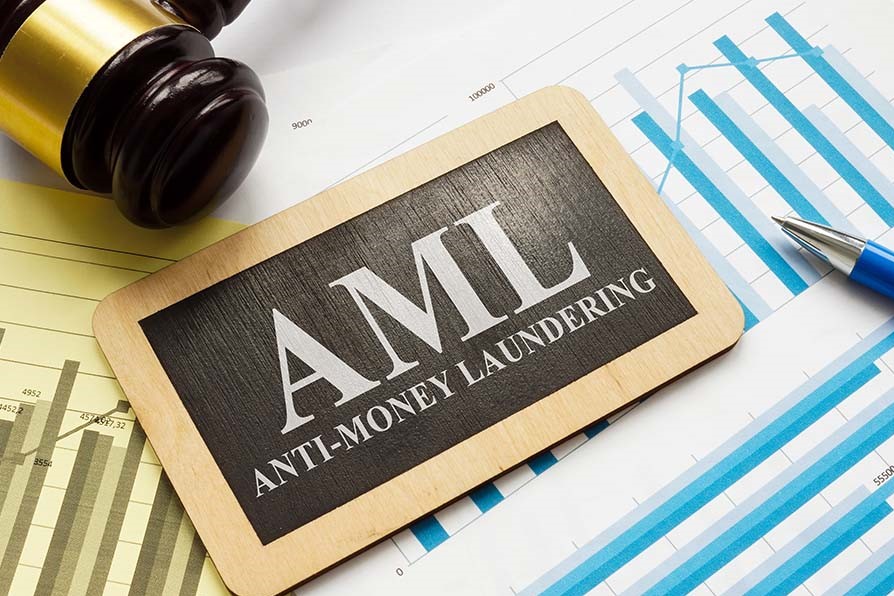FIRM NEWS
UNDERSTANDING MONEY LAUNDERING
INTRODUCTION
In the dynamic world of finance, one of the most pressing concerns is the menace of money laundering. Tulpar Taxation recognizes the significance of this issue and is committed to fostering awareness and providing guidance to our clients. This article aims to shed light on the concept of money laundering, its implications, and the measures individuals and businesses can take to safeguard themselves against this financial crime.

WHAT IS MONEY LAUNDERING?
Money laundering is the process by which illegally obtained funds are disguised to appear legitimate, thus integrating them into the financial system without raising suspicions. Criminals engage in money laundering to obscure the origins of their ill-gotten gains, making it challenging for authorities to trace and apprehend them.
STAGES OF MONEY LAUNDERING:
- Placement: At this initial stage, the illicit funds are introduced into the financial system. This can occur through various means, such as depositing large sums of cash, purchasing valuable assets, or using the money for gambling.
- Layering: In this phase, the goal is to distance the funds from their illegal source. This may involve complex financial transactions, such as transferring money between accounts, purchasing and selling securities, or engaging in international transfers.
- Integration: The final stage involves legitimizing the funds by reintroducing them into the economy. The laundered money now appears as if it comes from legal sources, making it difficult to trace its illicit origins.
IMPLICATIONS OF MONEY LAUNDERING:
- Economic Consequences: Money laundering has severe economic repercussions, as it distorts market competition and undermines the integrity of financial systems. It can lead to inflation, reduced foreign investment, and an erosion of public trust in financial institutions.
- Legal Consequences: Individuals and businesses found guilty of participating in money laundering activities may face severe legal penalties, including fines, asset forfeiture, and imprisonment. Regulatory authorities worldwide are vigilant in combating this financial crime.
PREVENTIVE MEASURES:
- Know Your Customer (KYC) Procedures: Implementing robust KYC procedures is crucial for identifying and verifying the identity of clients. This includes gathering information on the client’s identity, address, and financial activities to assess the risk of potential money laundering.
- Transaction Monitoring: Employ advanced transaction monitoring systems to detect unusual patterns or high-risk transactions. Timely identification of suspicious activities allows for prompt reporting to relevant authorities.
- Employee Training: Ensure that employees are well-versed in anti-money laundering (AML) regulations and are equipped to recognize and report suspicious activities. Training programs should be regularly updated to keep staff informed about evolving money laundering techniques.
- Collaboration with Regulatory Authorities: Maintain open communication and collaboration with regulatory authorities to stay informed about the latest AML regulations and guidelines. Proactive engagement helps organizations adapt their practices to remain compliant with evolving standards.
- Legal Consequences: Individuals and businesses found guilty of participating in money laundering activities may face severe legal penalties, including fines, asset forfeiture, and imprisonment. Regulatory authorities worldwide are vigilant in combating this financial crime.
